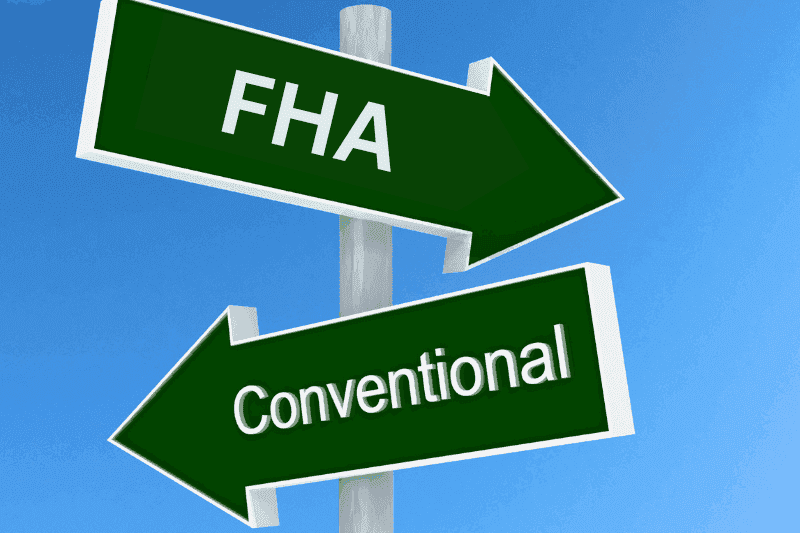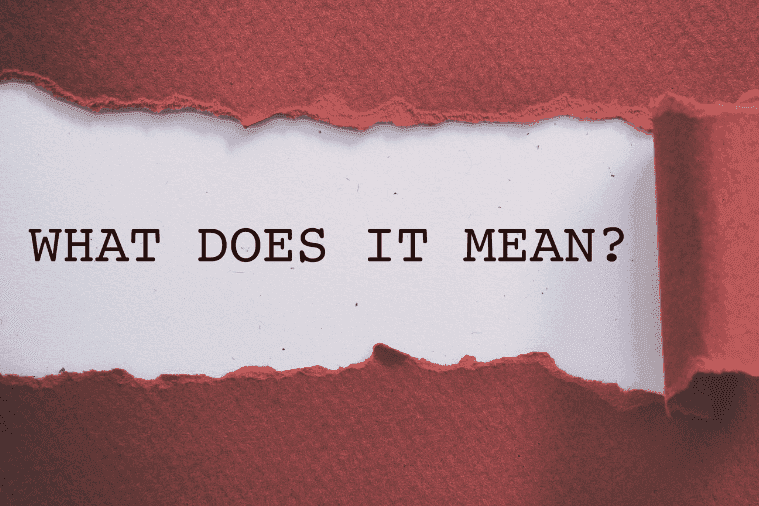Mortgage Basics
FHA Documents Needed

Applying for an FHA loan is a great step toward homeownership, and having the right documents ready can make the process smoother and stress-free. Lenders require certain paperwork to verify your income, assets, credit history, and employment status to ensure you meet FHA guidelines. While document requirements may vary based on your situation, here’s a general list of what you’ll need to get started.
When applying for an FHA loan, mortgage brokers need to verify your income to ensure you can comfortably afford your mortgage payments. While income requirements vary depending on your financial situation, having the right documents ready can make the process smoother and help avoid delays. Below are the key income documents typically required for FHA loan approval:
Income Documents Needed
- Recent pay stubs – Usually covering the last 30 days to verify your current earnings. Sometimes if you have variable income mortgage brokers may ask for year ending paystubs for the prior year or two.
- W-2 forms – From the past two years to show stable employment and income history.
- Tax returns – Required for self-employed borrowers, commission, rental income, and other income. Depending on the income sometimes only one year is needed. However typically they require two.
- Profit and loss statement – Sometimes needed for self-employed applicants to reflect business income and expenses.
- Social Security, pension, or disability income statements – If applicable, these documents confirm any fixed income sources you rely on. Mortgage Brokers will accept bank statement showing deposits, awards letter, or 1099.
Providing these documents upfront helps lenders get a full picture of your financial stability and makes your FHA loan approval process more efficient. If you have questions about what’s required in your unique situation, we’re here to guide you through it.
In addition to verifying your income, lenders will also need to review your financial assets to ensure you have sufficient funds for your down payment, closing costs, and reserves. These assets can come from personal savings, retirement accounts, or even gifted funds, as long as they meet FHA guidelines. Below are the key documents typically required to verify your assets:
Asset Documentation Needed
Your credit history and current debts play a crucial role in determining your FHA loan eligibility. While FHA loans are known for their flexible credit requirements, lenders still need to assess your financial responsibility and ability to manage debt. Below are the key documents typically required to review your credit and debt situation:
Credit and Debt Documents Needed
To verify your identity and legal status, lenders require certain documents to ensure you meet FHA loan eligibility requirements. These documents help confirm your ability to legally enter into a mortgage agreement and are a standard part of the loan approval process. Below are the key identification and legal documents typically required:
Documents Needed for Identification
Final Steps: Preparing for a Smooth FHA Loan Process
Gathering the right documents upfront can make all the difference in ensuring a smooth and stress-free FHA loan process. From verifying your income and assets to understanding your credit and legal documentation, being prepared helps prevent delays and keeps you one step ahead. While the process may seem overwhelming, you don’t have to navigate it alone. At Vision Home Mortgage, we’re here to guide you through every step, answer your questions, and help you feel confident in your home-buying journey. If you’re ready to take the next step, reach out to our team—we’re here to make the process simple and stress-free!



